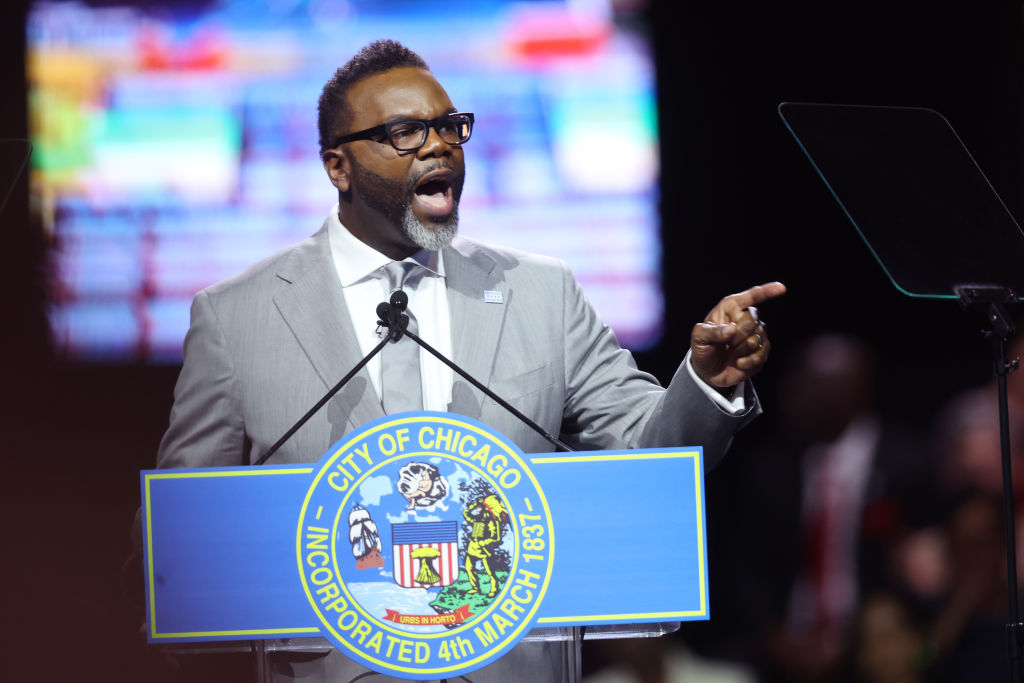Democratic Chicago Mayor Brandon Johnson is contemplating the establishment of city-owned grocery stores to address food “inequities.”
This comes in response to the “historic disinvestment” experienced by regions on the South and West sides of Chicago, leading to “inequitable access to food retail.” Approximately 65 percent of West Englewood residents and 52 percent of East Garfield Park residents live over half a mile from their nearest grocery retailer.
Johnson stated, “All Chicagoans deserve to live near convenient, affordable, healthy grocery options. We know access to grocery stores is already a challenge for many residents, especially on the South and West sides.” He believes that city-owned grocery stores could be part of the solution to food insecurity, a problem he links directly to environmental and racial justice.
Ameya Pawar, senior adviser at the Economic Security Project, praised Johnson’s proposal, likening it to public libraries and the postal service in terms of providing “economic choice and power to communities.” According to him, a city-owned grocery store “would be a viable way to restore access to healthy food in areas that have suffered from historic and systemic disinvestment.”
Johnson’s administration underlines the role of grocery retailers as “anchors in communities” that attract additional businesses. The absence of nearby grocery stores compels residents in the affected areas to spend their money outside their local community, contributing to the existing “retail gap.”
If implemented, Chicago would be the first major city to have a municipally owned grocery store. The proposal plans to fund these stores using economic development grants from state and federal taxes. Umi Grisby, Johnson’s policy chief, assured, “So we are not spending any taxpayer dollars.”
However, the idea has faced criticism. Sam Sánchez, a prominent Chicago restaurateur, argued against the proposal, stating that control of crime should be the priority and that businesses would come if crime was managed.
This comes at a time when Chicago is anticipating a $538 million budget shortfall in 2024, with nearly half of the deficit allocated to the migrant crisis.













